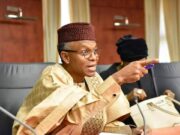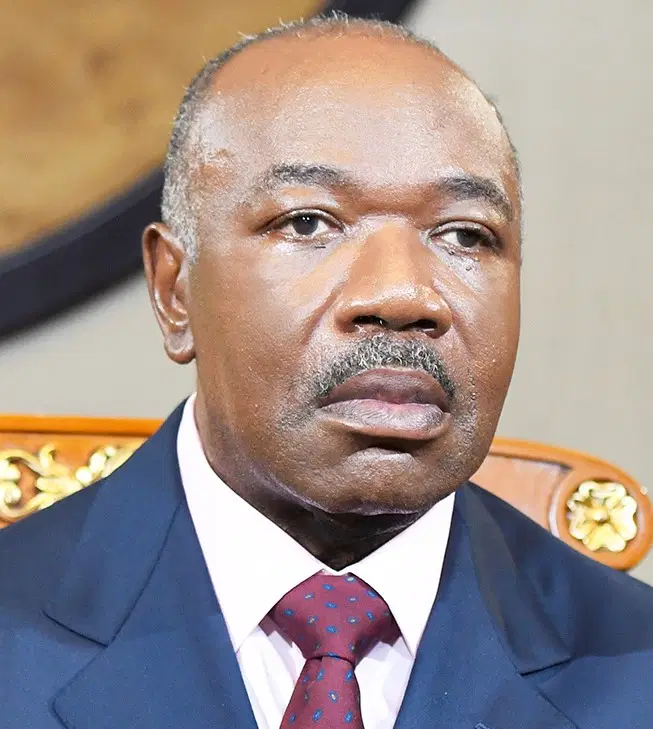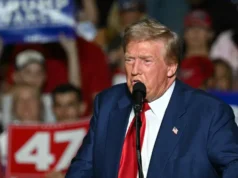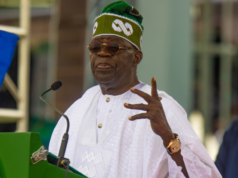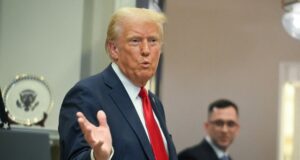
Gabon’s ruling military junta has proposed a new constitution that designates a national holiday celebrating the end of the long-standing Bongo dynasty.
This proposal was revealed in local media on Tuesday, following the transitional government’s publication of the draft text, which was approved by the Council of Ministers last week.
A national referendum on the new constitution is scheduled for November 16.
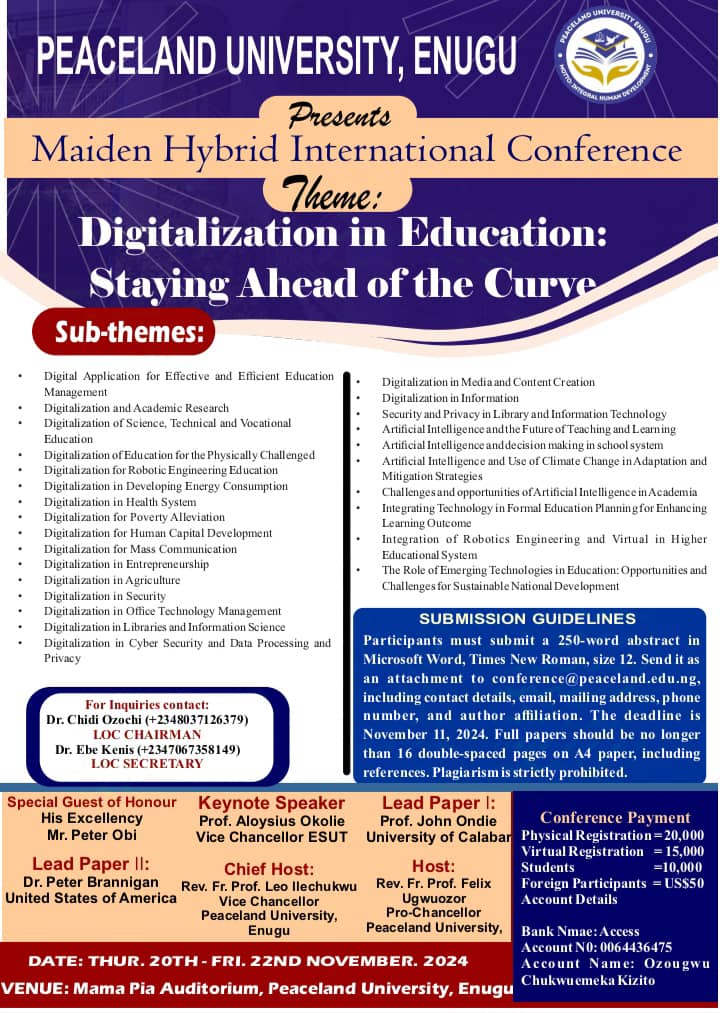 Advertorial
Advertorial
The draft includes a provision for a “national liberation day” to be observed annually on August 30, commemorating the ousting of Ali Bongo Ondimba and the conclusion of the Bongo family’s 55-year rule.
Bongo was removed from power on August 30 last year, just an hour after the announcement of his third-term election win, which was contested by a military coup led by General Brice Oligui Nguema.
The junta accused Bongo of rigging the election.
 Advertorial
Advertorial
The proposed constitution introduces several key changes, including the elimination of the prime minister’s role and the establishment of a seven-year presidential term, which can be renewed only once.
It also enforces a limit of two consecutive terms for the presidency and calls for elections by direct universal suffrage.
Transitional President Brice Oligui Nguema, who led the coup, has promised a return to civilian rule in the oil-rich West African nation and has hinted at his intention to run in the presidential election set for August 2025.
 Advertorial
Advertorial
In a statement on social media platform X, Oligui encouraged citizens to carefully review the proposed constitution, which he described as a product of national consultations.
Additional amendments include a redefinition of marriage as a union between a man and a woman and more stringent criteria for presidential candidates.
Aspiring candidates must have at least one Gabonese-born parent, cannot hold any other nationality, and must be married to a Gabonese national.
These conditions, according to local media Gabon Review, draw a clear distinction between native Gabonese and those who are naturalized or hold dual citizenship, effectively excluding the latter from running for the presidency.


